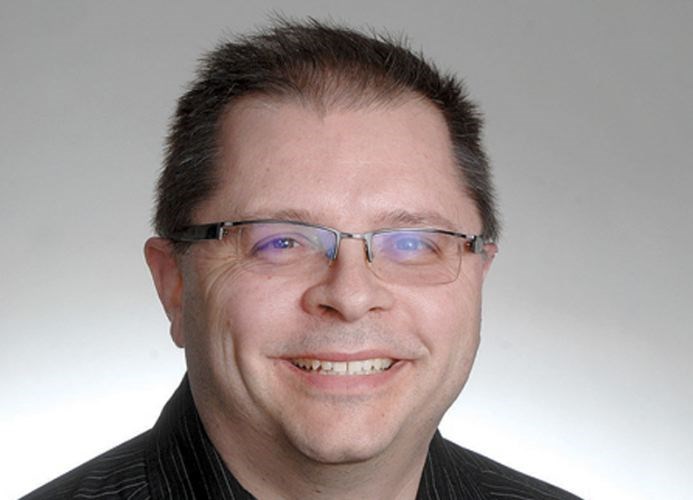The death of 12 people in Wednesday's terrorist attack on Charlie Hebdo, a satirical weekly newpaper in Paris, is a horrible crime but it is also a difficult reminder that freedom of speech, like all freedoms, is neither free nor absolute.
No matter what a journalist or magazine has to say, even if it is not what the majority of people think, they still have the right to say it without feeling in danger, which is the case today, a London student originally from Paris told an Associated Press reporter.
The student then held up a sign with the oft-quoted phrase "I do not agree with what you have to say, but I will defend to death your right to say it.
These are noble thoughts that have no place in the real world, particularly in the wake of such a tragedy.
Journalists do not have the right to write and print what they want, nor should they.
In Canada, there are laws of libel and slander that punish those who would print (libel) or say (slander) things that are both untrue and deeply damaging to a person, their livelihood or their reputation. Under the law in Canada, truth is always fair and it's the first defence.
There are also laws regarding hate speech, words broadcast or printed that are designed to incite hatred against a specific group, be it gender, race, culture or religion.
Defending to the death the right to say things ignores the fact that some words are worth more than others, some are worth saving and others are not. The words of Christ, Buddha, Confucius, and Mohammed helps us live with one another and lead meaningful lives. Their words of wisdom are, literally, worth living for. The words of hateful fanatics, along with their names, have no place among us, in life or in death. To shout "Allahu akbar" ("God is great") while murdering God's children is madness, a faith only in a lack of faith, a lack of decency, a lack of compassion.
Defending to the death the right to say things also ignores the fact some words are truth, others are false, some words are good, others are not, some words heal, others harm.
Responsible writers understand better than anyone the difference. Putting their names at the top of their stories (or the bottom of their editorials) is about accountability for their words. Mistakes will always happen, apologies must be made and lessons must be learned. Writing and speaking with the best of intentions is fine but how the audience receives and interprets the words also counts, too.
Freedom of speech comes with responsibility and to shirk that responsibility is to demean oneself, the value of ideas, the miracle of language, the meaning of freedom and the rights of others to be free to hold and share their own ideas and freedoms. The true believers in freedom of speech seek more than just selfishly protecting their own freedom, they yearn for less fortunate others to also have the same freedom to share their thoughts and beliefs.
The staff at Charlie Hebdo wrote and published all sorts of things - funny, insightful, crude, disrespectful, mean-spirited and even offensive. They deserved to be applauded sometimes and criticized on other occasions. The men who attacked and killed them see their God as weak and powerless, unable to withstand clever words and mocking pictures. Their God is not great, their God can only live when others die.
There are not enough guns in the world to hold back the knowledge and wisdom humanity already has attained, as well as the future potential for more understanding and insight.
In the end, words are not worth dying for. They are nothing but letters on a page, dots on a screen, sounds from a mouth captured by light and electricity. They are merely place holders for the ideas, the concepts and the meanings they suggest. Those things, however, can be priceless, timeless and worth protecting, worth living for and worth dying for.
Writers and thinkers can be murdered but their words can never die, so long as there is a willing audience to receive and appreciate them.



